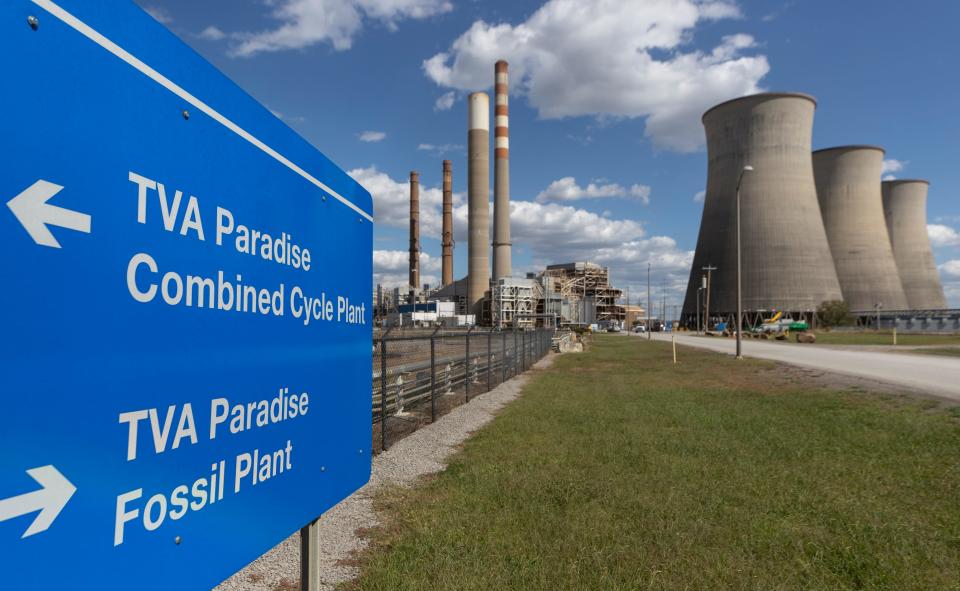How nuclear technology is less wasteful than solar and why Kentucky should use it | Opinion
Any criticism of nuclear power must be tempered by the facts of other industries. Industrial waste is an issue for every industry, including nuclear power, but nuclear power creates comparatively very little of it.
Only 3% of industrial nuclear waste is dangerously radioactive for tens of thousands of years, while the other 97% of nuclear waste is actually only hazardous for a few decades. Other industrial wastes, like cadmium and mercury, on the other hand, from thermostats, fluorescent lights, electronics and even solar energy, are hazardous indefinitely. A significant amount of radioactive waste doesn’t even originate from the nuclear power industry. Environmental hazards and waste at the Paducah Gaseous Diffusion Plant and at the Maxey Flats Disposal Site are largely the result of Department of Defense operations and other industrial and nuclear technology applications. In fact, 40% of nuclear waste comes not from electrical power generation, but other sources like life-saving nuclear medicine, yet no one is seriously advocating for the abatement of radiation oncology or PET scans.
More: Nuclear power is what Kentucky needs for jobs and economic boost in coal communities
While I’ve never advocated forgoing solar power, and while the benefits of small-scale renewable energy are undeniable, compared to nuclear, renewables create much more waste and are actually more harmful to the environment. Solar panels alone create 300 times more toxic waste per unit of energy than do nuclear power plants. The materials needed to make renewable energy technologies and those for the batteries meant to store their power, also require extensive mining, including sulfide mining, a practice that invariably has led to water contamination in this country.

Even so, we know from examples in Germany and Japan, that, due to the unreliability of wind and solar, the result of limiting nuclear power is not a more renewable energy grid, but more fossil fuels, more pollution and more heaps of coal ash. Each year coal produces over 100 million metric tons of ash waste, as well as billions of tons of green-house gas emissions, compared with only 2,000 metric tons of highly regulated, meticulously stored, nuclear waste.
More: Nuclear power is not a good option for Kentucky. Radioactive waste is still a problem
Arguments for or against nuclear power can’t be made in isolation. Other industrial accidents and issues occur without luddite demands to stifle industrial innovation and technological progress. Should we stop mining for limestone? Stop making bricks, tires, aluminum, and electric coils? Stop chemical research and development? These areas of industry have created more superfund sites in Kentucky than the nuclear industry has, but we still drive our cars, build our houses and wrap our food.
Anti-nuclear advocates cavalierly pass by the 250,000 metric tons of solar waste, the thousands more from wind power, and the billions more from fossil fuels. Neither the waste nor the environmentally disastrous mining used to support renewables are reflected in their proponents’ utopian claims of environmental friendliness and safety. The record is clear. Nuclear technology, while not without the same challenges of every other industry, is the safest, most reliable form of energy there has ever been, and it’s high time we bring it to Kentucky.

Julian Colvin is a native Kentuckian, a nuclear engineering major at North Carolina State University, having previously served as NC State’s American Nuclear Society Chapter President, and is currently working with state policy makers to consider the development of advanced nuclear reactors in Kentucky. He can be reached at jicolvin@ncsu.edu.
This article originally appeared on Louisville Courier Journal: Nuclear technology is less wasteful for Kentucky than solar| Opinion

